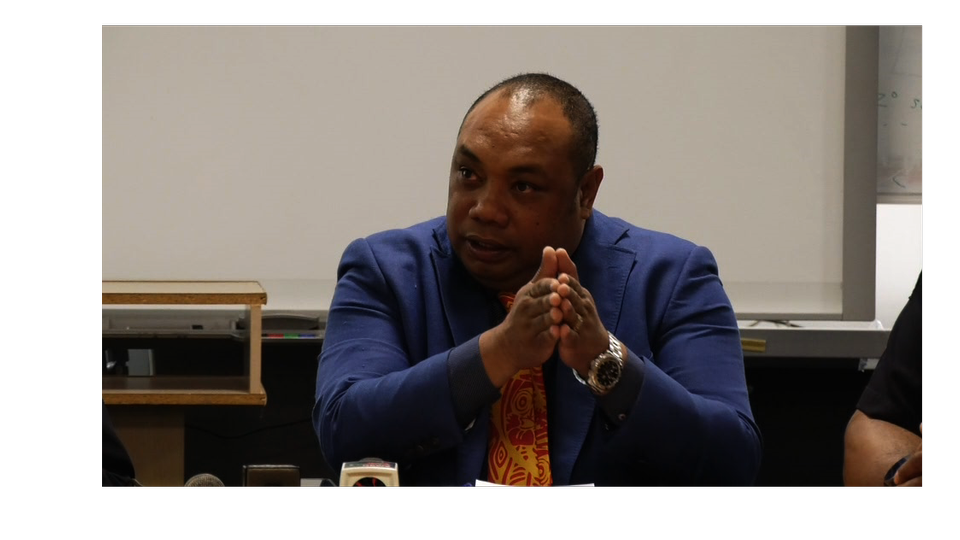|
PNG GOVERNMENT institutions often rely on the informal sector to assist with gender based violence (GBV) or domestic violence cases due to their limited capacity, an official says. The United Nations Children’s Education Fund (Unicef) communications specialist Noreen Chambers said “due to the limited capacity to handle a large number of cases, faith-based and civil society organisations come into the picture to provide support to survivors.” Responding to violence is a multi-sectorial responsibility of the government institutions, she said.
She said a person who experienced violence was in need of different types of support and protection, depending on the form and severity of the act inflicted. “The informal sector is particularly helpful in providing psychosocial support to GBV survivors, an area in which the government is lacking in,” she said. Chambers said although safe houses were important, they were not a durable solution. She said safe houses mostly targeted women affected by violence and children up to a certain age while some did not accept children at all. “The National Office of Child and Family Services (NOCFS) is the government agency responsible for the protection and welfare of children and women from violence, abuse and neglect and as such is often one of the first points of contact for a person who experiences violence,” she said. “Social workers housed under the NOCFS, have the role of coordinating the response of the survivors of GBV and ensure that they get the support they need.” “Unicef provides technical and financial support to the NOCFS as well as the Department of Justice and Attorney General, who take the lead in the implementation of the overarching policies around child and family protection,” she said. The National / PNG Health Watch Next : PNG Health Minister Wong Up Against 21 Candidates Comments are closed.
|
PNG Health NewsThis websites provides all the latest Health News , insurance, health tips, health and scholarships in Papua New Guinea Top Links |
- Home
- PNG Health News
- Health Tips
- Jobs
- Health Scholarships
- Nursing Colleges in PNG
- Health Ministry
- Private Hospitals in PNG
- Health Department
- Insurance
- Institutions
- CHW Colleges in PNG
- Health Issues
- About
- Contact
- Privacy Policy
- COVID-19 in Papua New Guinea
- Enga School of Nursing
- PNG Health Database
- Hospitals in PNG
|
Home : News : Health Insurance : Training : Health Training Institutions : Hospitals : Provincial Hospitals : Contact: Privacy Policy
|

 RSS Feed
RSS Feed
